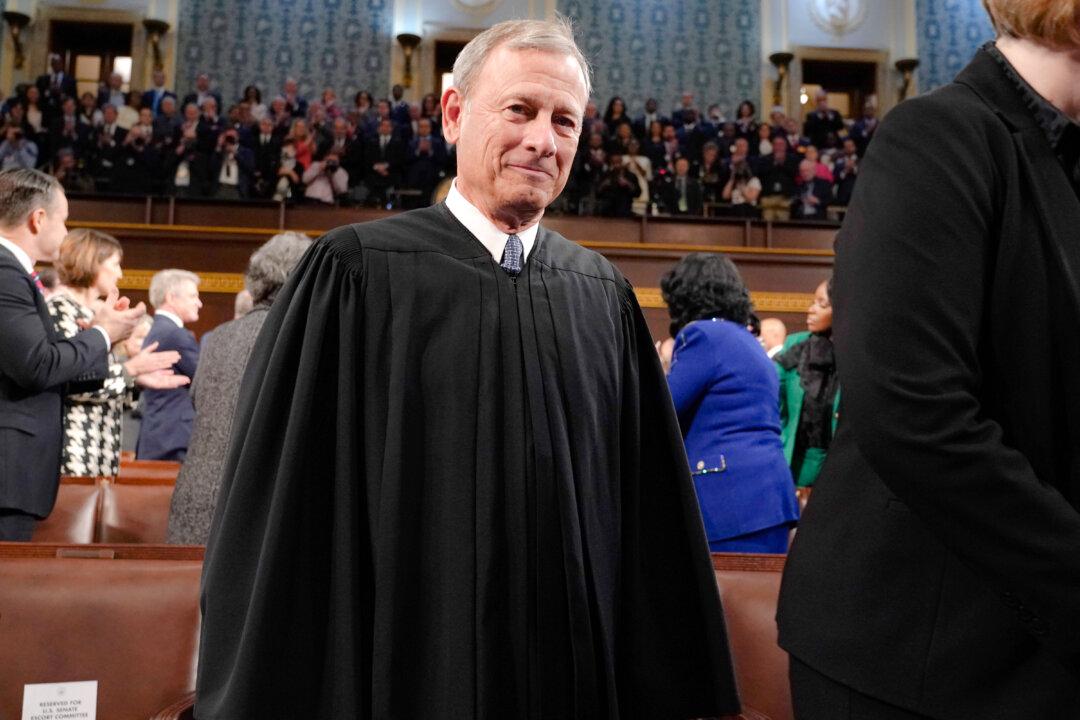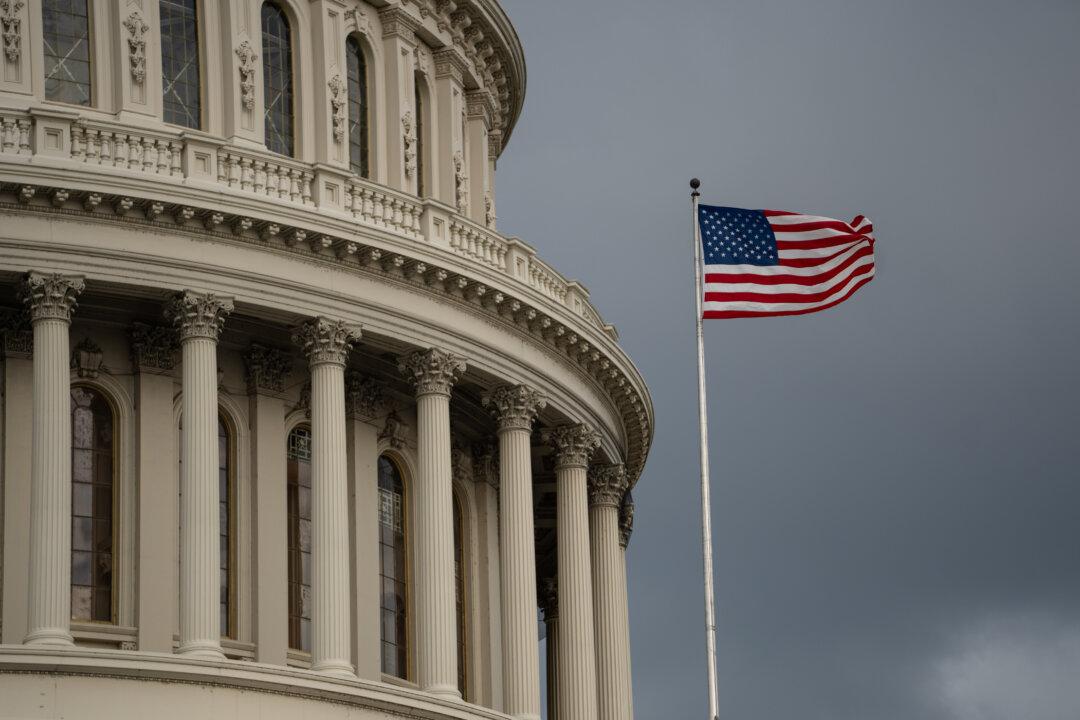Supreme Court Chief Justice John Roberts on June 28 warned that heated rhetoric against judges could spiral into violence, urging Americans to pursue legal and legislative remedies instead of threats when they disagree with court rulings.
Roberts, without naming specific figures, alluded to having previously rebuked prominent politicians from both parties for inflammatory statements about judges.
“It becomes wrapped up in the political dispute that a judge who’s doing his or her job is part of the problem,” Roberts said. “And the danger, of course, is somebody might pick up on that. And we have had, of course, serious threats of violence and murder of judges just simply for doing their work. So I think the political people on both sides of the aisle need to keep that in mind.”
The chief justice stressed that criticism of judicial decisions should focus on legal reasoning, not personal attacks on judges.
“It would be good if people appreciated it’s not the judge’s fault that a correct interpretation of the law meant that, no, you don’t get to do this,” he said. “And it may be an incorrect interpretation. But if that’s their criticism, then, of course, they can explain that, and maybe the court of appeals will take a different view. But if it’s just venting because you lost, then that’s not terribly helpful.”
Roberts avoided discussing specific opinions handed down this year but acknowledged the “frenzy” that often accompanies the Supreme Court’s term-end rush.
“We’re all lawyers and, like lawyers, we put things off until the last minute,” he joked, before explaining that the justices’ process of deliberation sometimes grows more intense as deadlines loom.
“There are nine of us and we all have to come together, in one place or another, on a lot of different cases, and people have their own ideas of the schedule,” he said, noting that things were “a little crunched” this year and that the court hopes to space out its work more evenly next term.
The court also upheld Texas’s law requiring age verification for pornographic websites, citing the state’s right to protect minors from explicit content, and sided with Maryland parents seeking to opt their children out of lessons in public schools involving LGBT-themed storybooks on religious grounds.
Other significant rulings preserved the Affordable Care Act’s preventive services panel and maintained the Universal Service Fund, which helps subsidize phone and internet access in schools, libraries, and rural areas. The justices also declined, for now, to resolve a dispute over Louisiana’s congressional map, leaving the current districts in place while the matter returns for further argument. The court will resume hearing new cases in the fall.







